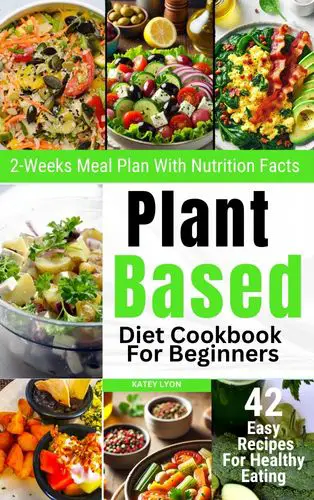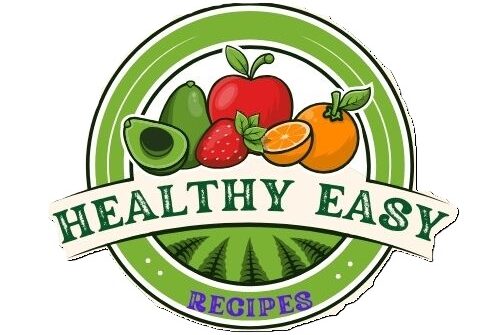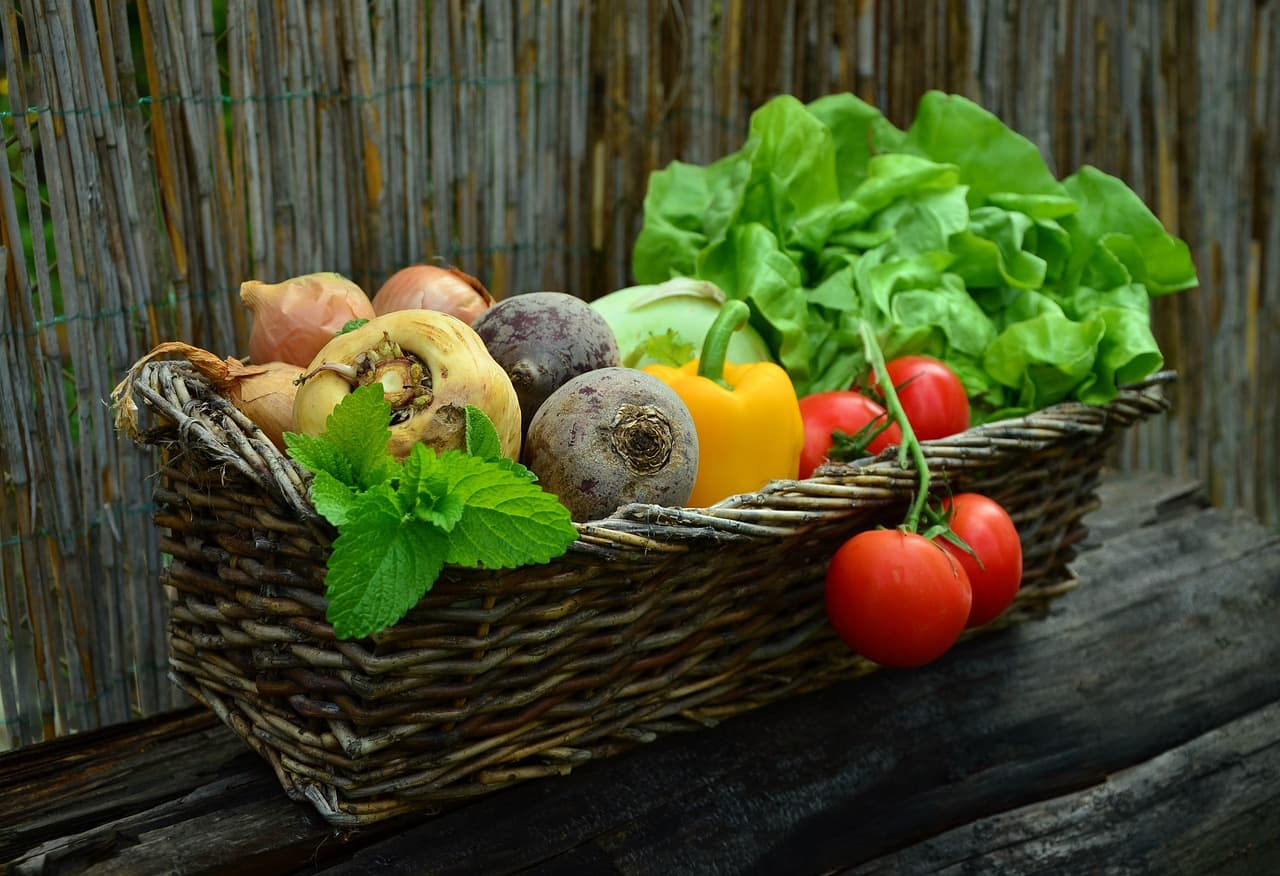4 Mistakes Plant-Based Eaters Make and How to Fix Them
Here, we’ll discuss four common mistakes plant-based eaters make and provide practical solutions to ensure a balanced and nutritious diet. A plant-based diet can significantly improve health, environmental sustainability, and animal welfare. However, transitioning to this way of eating is not without its challenges. Many new plant-based eaters inadvertently make mistakes that can hinder their progress or impact their well-being.
Mistakes Plant-Based Eaters Make
Not Getting Enough Protein

One of the most common mistakes Plant-Based Eaters Make about plant-based diets is that they are inherently low in protein. While it’s true that plant-based protein sources are less concentrated than animal products, it is possible to meet your protein needs on a plant-based diet.
Fix: Diversify Your Protein Sources
Ensure you’re consuming a variety of protein-rich plant foods. Include beans, lentils, chickpeas, tofu, tempeh, edamame, nuts, seeds, and whole grains in your meals. Combining different protein sources throughout the day will help you get a complete amino acid profile. For example, pairing rice and beans or hummus and whole grain pita provides a balanced protein intake.
Relying Too Heavily on Processed Foods
While many plant-based eaters aim for a whole-food approach, the convenience of processed vegan products can be tempting. Over-reliance on these products can lead to nutrient deficiencies and excessive intake of unhealthy additives. This is one the most important Mistakes Plant-Based Eaters Make.
Fix: Focus on Whole Foods
Prioritize whole, unprocessed foods in your diet. Fresh fruits, vegetables, whole grains, legumes, nuts, and seeds should make up most of your meals. When choosing packaged foods, read the labels carefully and choose products with minimal ingredients and no artificial additives. Cooking at home more often can also help you control what goes into your meals.
Ignoring Vitamin B12
Vitamin B12 is an essential nutrient naturally found in significant amounts only in animal products. Plant-based eaters are at risk of developing a deficiency if they do not take steps to include fortified foods or supplements in their diet.
Fix: Include Fortified Foods and Supplements
Incorporate B12-fortified foods such as plant-based milk, cereals, and nutritional yeast into your diet. Also, consider taking a B12 supplement to meet your daily requirements. It’s advisable to get your B12 levels checked periodically to adjust your intake if necessary.
Overlooking Omega-3 Fatty Acids
Omega-3 fatty acids are crucial for heart and brain health. While abundant in fish and other seafood, plant-based sources are limited and can be easily overlooked.
Fix: Use Plant-Based Omega-3 Sources
Add sources of alpha-linolenic acid (ALA), a type of omega-3 fatty acid found in plants, to your diet. Flaxseeds, chia seeds, hemp seeds, and walnuts are excellent options. Consider using flaxseed oil or algae-based supplements to boost your intake of DHA and EPA, the more active forms of omega-3s found in marine sources.
Recipe: Blackberry Chia Puddin
Transitioning to a plant-based diet is commendable and healthful, but it requires careful planning to avoid common pitfalls. You can enjoy a balanced and nutritious plant-based diet by diversifying your protein sources, focusing on whole foods, ensuring adequate vitamin B12 intake, and incorporating plant-based omega-3 sources. Making these adjustments will help you thrive and fully reap the benefits of your dietary choices.










